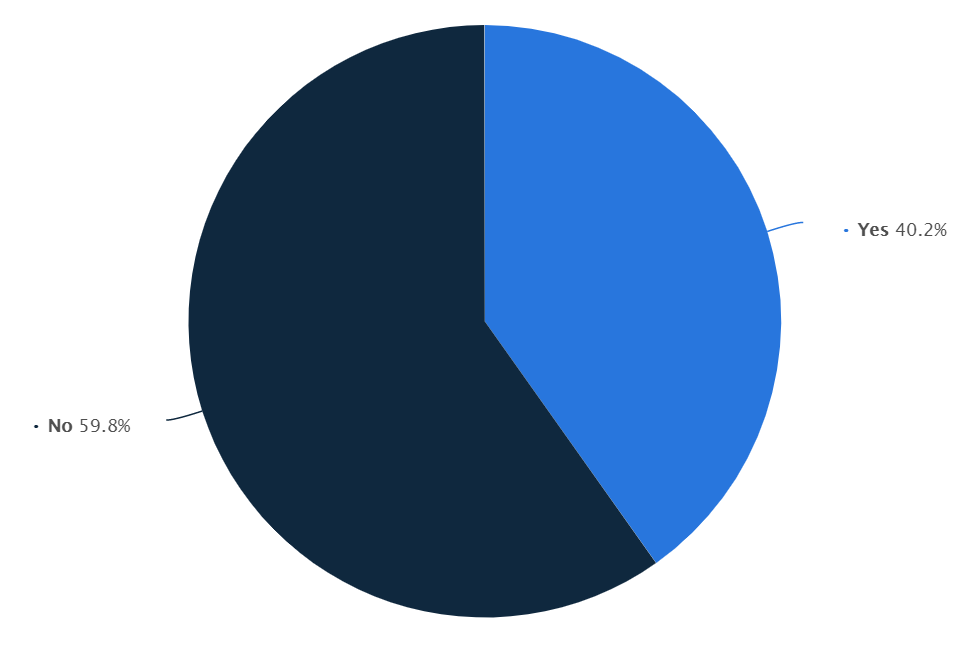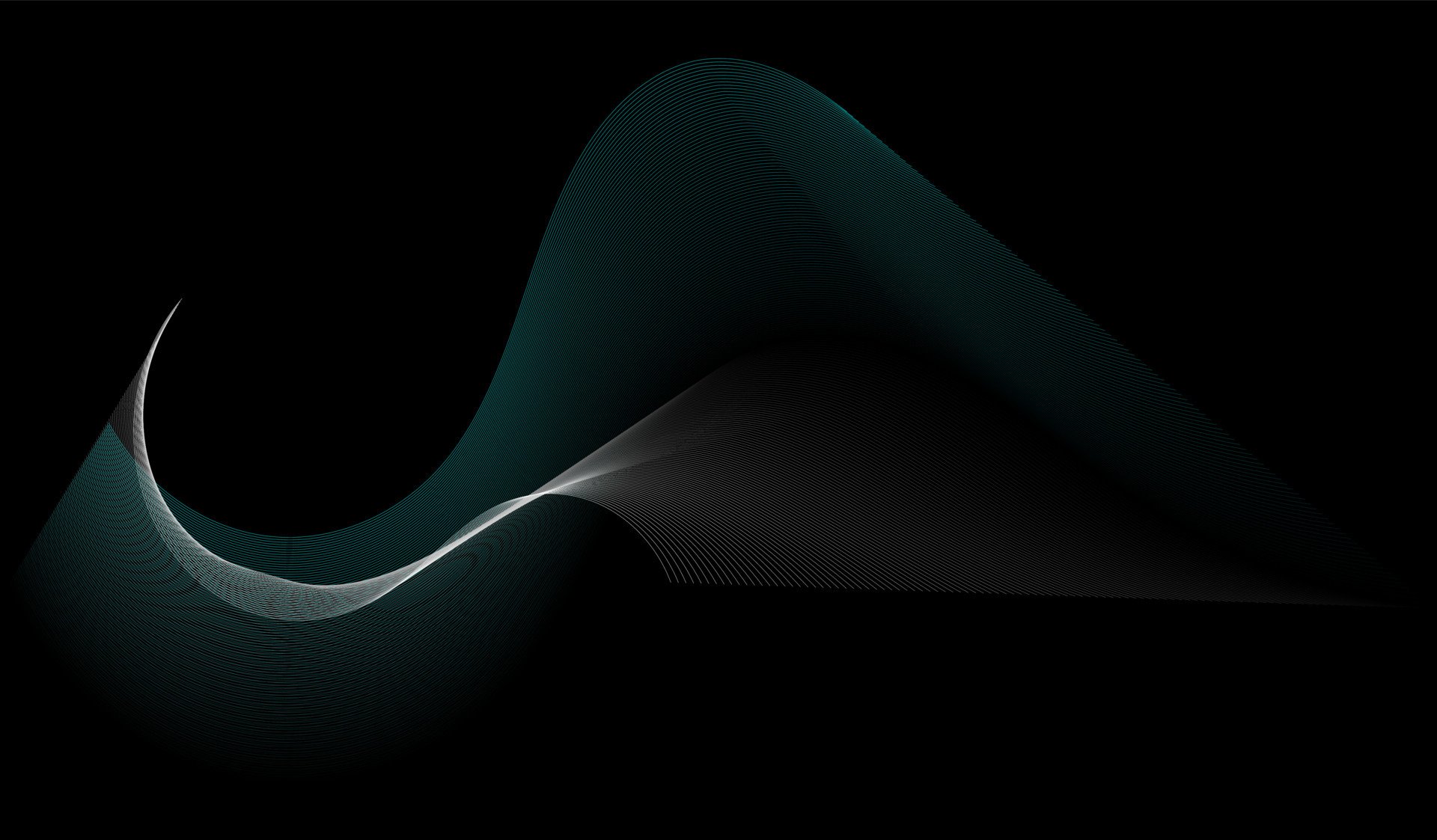Your Information Diet Is More Important Than You Think

I write about the future of Business, Psychology, and the Creator Economy. My goal is to educate, motivate, and create educational content for my readers. If this interests you, Subscribe to my “Predicting The Future” newsletter and get new articles directly to your inbox!
We spend a lot of our lives scrolling online. Don't underestimate how much a good information diet can change your life for the better.
Do you have a healthy information diet? When you go on Twitter are you looking at junk or are you curating your social media and online search to feed your brain with good questions and insightful information? Here’s the thing: social media algorithms are smart. If you feed them with dopamine-inducing junk they will reciprocate more of the same; however, if you feed them with fun educational niche topics you’re interested in they will again reciprocate. I don’t mean it has to be all boring educational content; it can be philosophy, psychology, science, math, stocks, crypto, hiking, reading, writing, or anything else you find fun to consume! Pretty soon, the content compounds and your feed is full of information that’s making you stronger and more educated, which can make a huge difference. I’d argue a much-underrated difference in your life.
A bad information diet, or one that’s built around junk, treats your body similarly to a fast-food diet. - Clay Johnson, Written In The Information Diet: A Case for Conscious Consumption
Clay goes on to argue that “much as a poor diet gives us a variety of diseases, poor information diets give us new forms of ignorance — ignorance that comes not from a lack of information, but from overconsumption of it.” 1
Here’s another key point:
Personal responsibility in an age of mostly free information is vital to individual and social health. If we want our communities and our democracies to thrive, we need a healthier information diet.
. . . Just as food companies learned that if they want to sell a lot of cheap calories, they should pack them with salt, fat, and sugar — the stuff that people crave — media companies learned that affirmation sells a lot better than information. Who wants to hear the truth when they can hear that they’re right?
I’m not here to tell you that all news and media is bad; in fact, I think good, real journalism is key to our democracy. However, it’s essential to our future that we don’t believe everything we see online. Thinking critically is so important. Two weeks ago I wrote about 7 Classes Our K-12 School System Should Require To Prepare Future Generations For Real Life, and number 5 was this:
#5: How To Find Quality Resources Online
Fact-Checking Sources
Using Critical Thinking Skills
Identifying Fake Videos, Conspiracy Stories, AI Deep Fakes
Teaching students about the importance of finding credible information online is vital to developing your students' critical-thinking skills. When you arm your students with the tools to find credible and reliable information online, you are helping them become better-informed digital citizens. Don’t just believe every TikTok “fact” you see. I’m deeply concerned about this. In my opinion, the lack of credible information online is one of our biggest threats to democracy in 2021.
Worldwide, 40.2% of Journalists believe freedom of the press is deteriorating in their country or the country they report on worldwide as of March 2021. This cannot be taken lightly. 2
Enough with the bad, now to the good: You can slowly but surely change your feed and make it a positive, non-toxic feed full of educational yet entertaining content. I’ve spent the large part of three years curating my social media feeds to content that educates, inspires, and motivates me. I immediately unfollow or block content I don’t like and have certain words blocked forever to eliminate some of the most horrible content. Likewise, when I see a page I do like, I immediately follow and interact as much as possible so the algorithm knows I’m interested in the topic. Now, when I scroll, it’s 90% good information that’s making me better. This is an underrated superpower in my eyes.
So, in conclusion, your information diet is important. We spend a big portion of our days scrolling, so make that scrolling work for you. It’s a superpower.
Hayden Schuster






